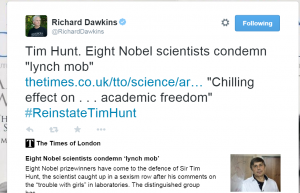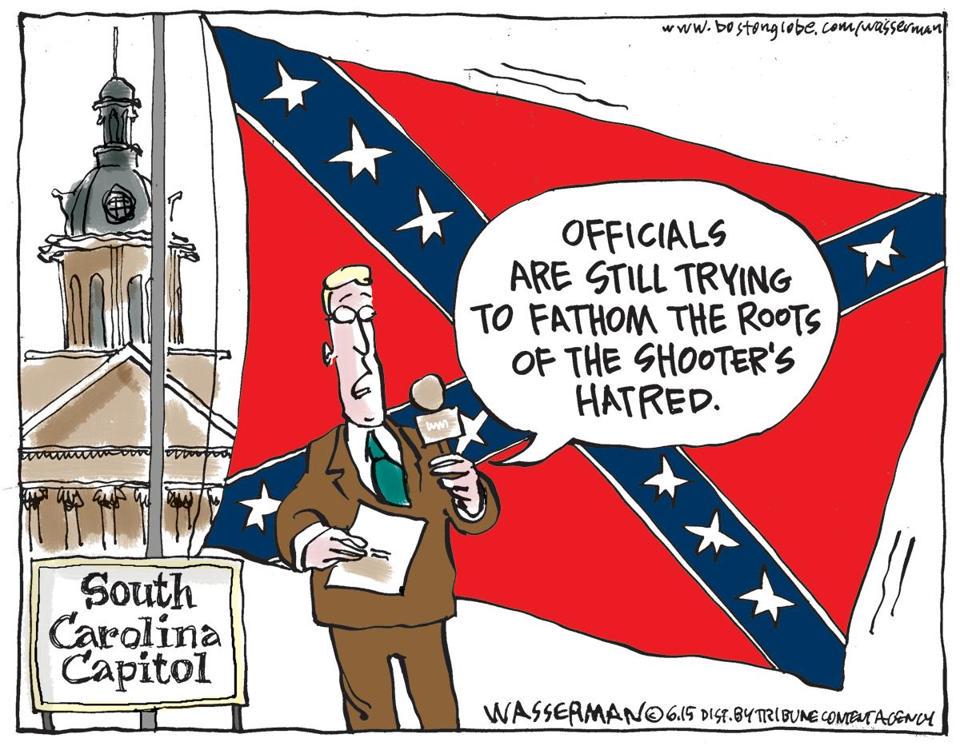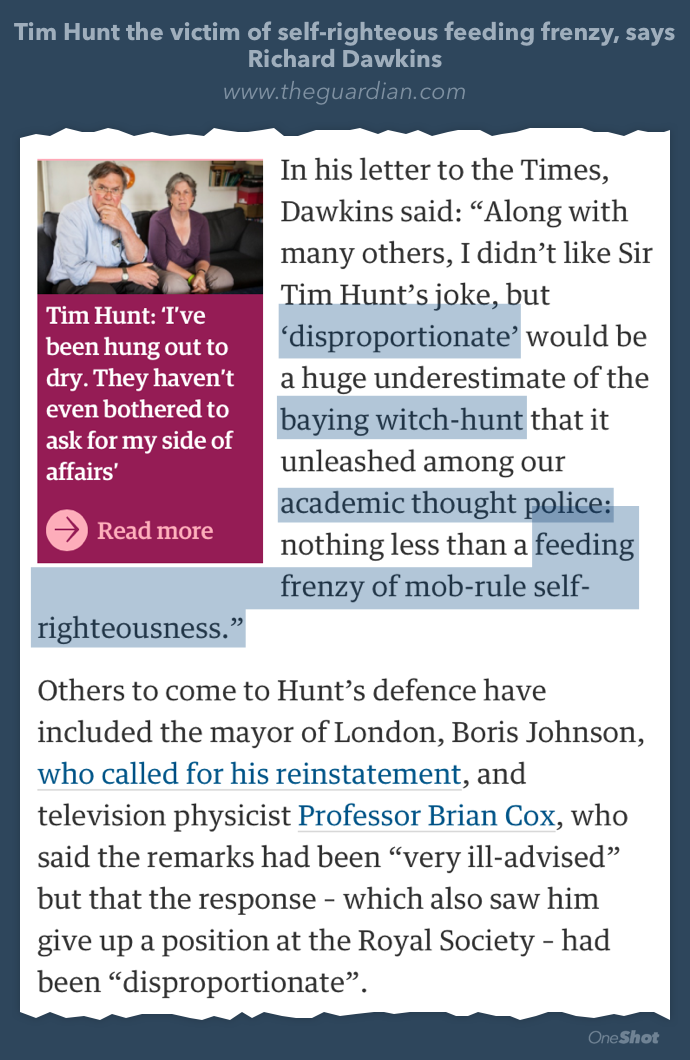Guest post by Leo Igwe.
Like other countries in Africa, Zambia is a very religious nation and has the dubious of distinction of being officially declared a Christian nation by President Federick Chiluba in 1996. One need not look far to see where Chiluba got the political will to establish this Christian nation. Eighty seven percent of the population is Christian and only twelve percent profess other faiths. The number of non-believers is too low to measure. Apparently, Zambia is 100 percent religious and theistic.
But recently, the country’s religious demography has begun to change. Atheists are leaving their closets and are starting to organise. Atheists in Zambia are becoming assertive and are making their voices heard. They are standing up and identifying as atheists in public. An atheist group has just been formed in Zambia and a Facebook page has been created. It is called the Atheists in Zambia. This group is the first of its kind in the country and signals a bright and promising future for freethought in this Southern African country.
It is not clear why the members of this group chose to identify as atheist, rather than sceptics, freethinkers, humanists or rationalists. Why didn’t they choose other labels which engender less stigma?
Their eagerness to state unambiguously that they are people without God speaks volumes for the group’s vision, passion and conviction. Members want to tell the world that there are godless people in the ‘Christian state’ of Zambia. The situation in Zambia is not too different from that found in Nigeria or Ghana where almost the entire population self-identify as God believers yet atheist groups exist and are active.
Atheism is not really a recent development in Zambia. What is new is organised atheism. There have been non-religious and non-theistic people in the country for years. Atheism in Zambia may actually be as old as the country itself.
Over a decade ago I worked to establish an African Humanist Alliance and in the course of building the network I corresponded with a Zambian atheist and activist, Wilfred Makayi. He was based in Solwezi and later relocated to the capital, Lusaka.
Makayi worked and campaigned to promote humanism and freethought in the country. He organised events to discuss humanist and freethought issues. In one of his mails, he told me it was difficult for him to get his humanist articles published in the local media. Makayi made little progress in terms of building an organisation and in bringing a humanist and sceptical perspective to issues. But this was before the Internet was introduced.
Today the Internet has brought a lot of changes and opportunities for atheism. It provides atheists with an alternative space for meeting, community building and finding an audience. Hence I am optimistic about the future of this new group of atheists in Zambia. The Internet has made organisation and mobilisation very much easier. If atheists in Zambia cannot meet physically, they can meet online and they can remain in touch via their Facebook page and other digital services.
The main problem is that many atheists in Africa have remained in the closet because of the social and political pressures on people to identify as religious even when they do not believe in God. Africans born into Muslim families cannot renounce their faith because there are penalties for apostasy up to and including death. Consequently, they are forced to pay lip service to Allah. Of course, this is no longer religion or exercising religious freedom. It is more akin to forced mental slavery.
In most parts of Africa, atheism is taboo and being identified as an atheist is a form of stigma. The public perception of atheism is strongly negative—a prejudice that is deeply embedded by the indoctrination and brainwashing which most Africans receive from cradle to grave. Atheists are perceived as people without morals and who cannot be trusted. Many atheists are forced to conceal their atheism when they are in relationship or running for political office. Many atheists find it difficult to come out to their family and friends because they fear persecution and discrimination. Some atheists do not come out to their employers because they could be sacked if they did so.
So there are few atheists out there who are prepared to withstand the pressures and weather the religious storms from theistic family members, friends, employers and state and non-state actors.
This concern has held back atheism in Africa and contributed to the bloated religious demography in many African countries. Fortunately, the situation is beginning to change. Atheism is becoming increasingly visible in many African countries, including those countries once categorised as religious strongholds. People are beginning to realise the positive and enlightening possibilities of atheism, particularly as a resource in combating superstition and religious extremism.
The wind of atheist emancipation is blowing across Africa.
Atheists in Zambia have their job cut out for them in terms of changing attitudes towards atheists and atheism. But more importantly, they need to tackle superstition and religious fanaticism that is destroying lives in Southern Africa. Zambia is a very superstitious society. Atheists need to start a conversation with other Zambians on the existence of God, Satan, witches, demons, the potency of ritual sacrifice etc. Many people in Zambia believe witchcraft is real. Recently there have been reports of witch killing, the killing of Satanists, of albinos and the murder and mutilation of persons for ritual purposes. While atheists in Zambia fight to de-stigmatise atheism, they need as a matter of urgency, to put in place programs and activities that can help reason Zambians out of superstition, encourage critical thinking and eradicate religious and cultural practices that darken and destroy the lives of people in the country.
(This is a syndicated post. Read the original at FreeThoughtBlogs.)







